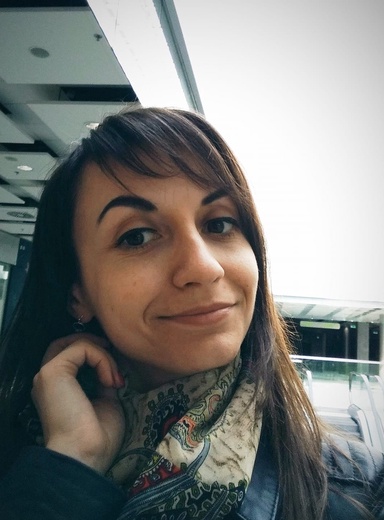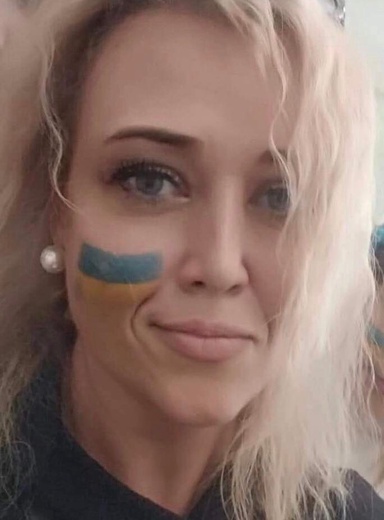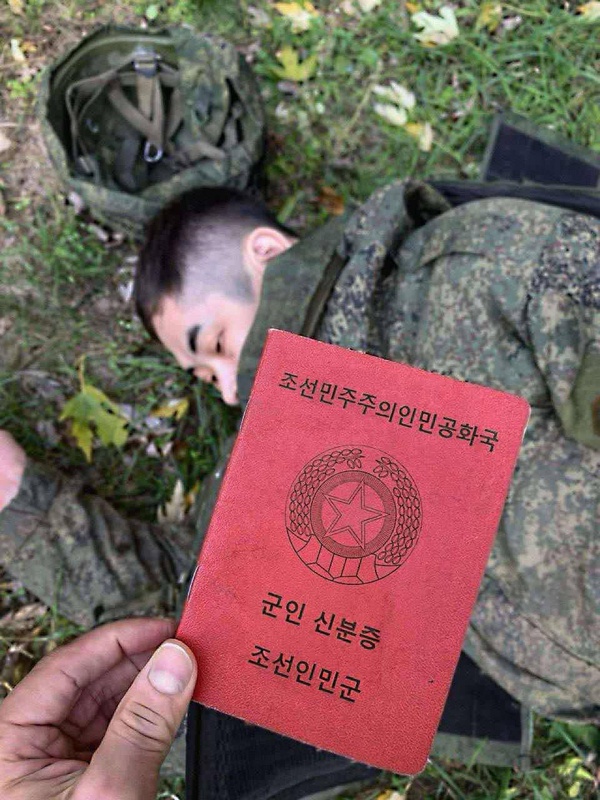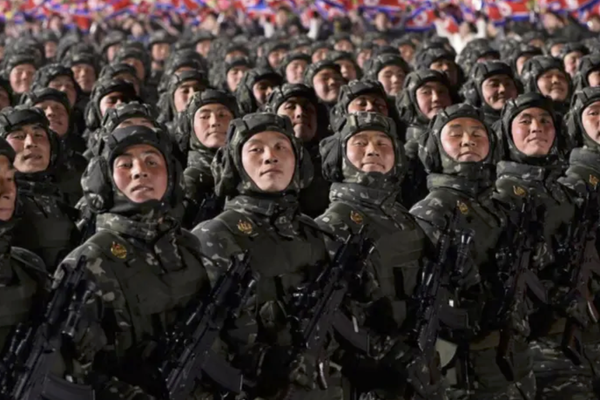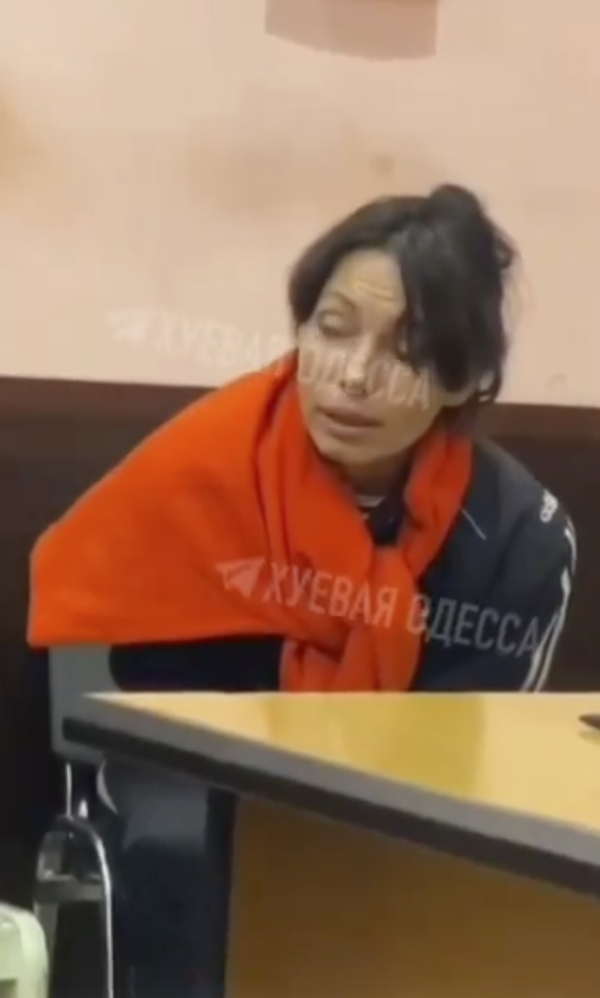Why “referendums” in the occupied territories are a parody of the general will
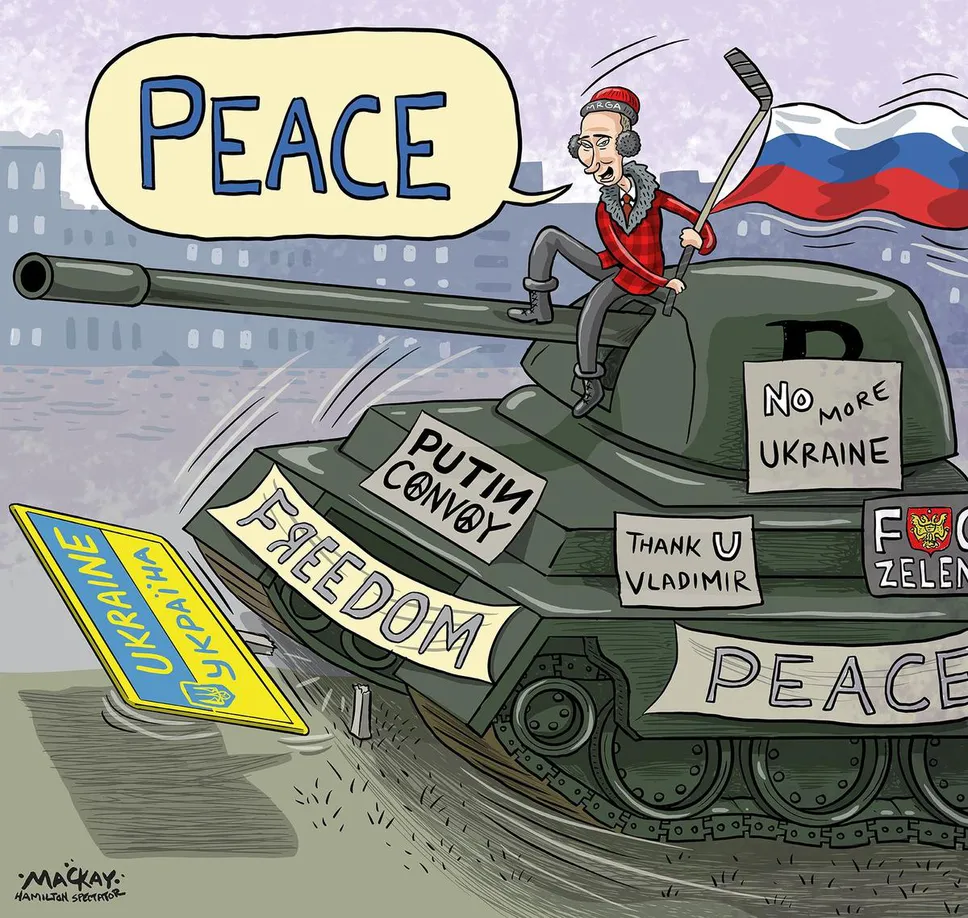
“The usual collaborators, drunks, homeless persons and pensioners” is the title of a video posted on one of the local Telegram channels in Kherson Region, which shows people brandishing russian flags, waiting to “vote in the referendum”.
In Zaporizhzhia and Kherson Regions, the question posed to the residents was as follows: “Do you support secession from Ukraine, the creation of the region as an independent state and its integration into Russia?”, and in the occupied Donetsk and Luhansk Regions: “Are you in favour of joining Russia as a subject of the Federation?”
The occupiers have been talking about holding “referendums” since the start of the invasion. They scheduled different voting dates, which were later cancelled. It seems that the Ukrainian Army’s successful counteroffensive in Kharkiv Region finally made the enemy decide to speed things up. The announcements were churned out like carbon copies. In the evening of September 19, the russian occupation administrations in the temporarily occupied parts of Luhansk and Donetsk Regions of Ukraine consecutively published statements about the “referendums”. The next morning, the occupiers’ proxies in Kherson and Zaporizhzhia Regions made similar statements. In response, putin promised to recognize the results and “accept” the territories into the russian federation.
It should be noted that on September 22 the propaganda media conglomerate RIA Novosti published a “Brief Report on DNR, LNR, Zaporizhzhia and Kherson Regions: Population and Economy.” It shows that the pseudo-referendum concerns the integration of the regions within their Ukrainian administrative boundaries, as it includes, among other things, the area of all four regions and the total area of each region, and not just the temporarily occupied territories (we won’t provide a link for obvious reasons).
Currently, russia doesn’t fully control any of these regions. You can see which territorial communities are currently listed as “temporarily occupied” on the platform of the Ministry of Reintegration of the Temporarily Occupied Territories of Ukraine.
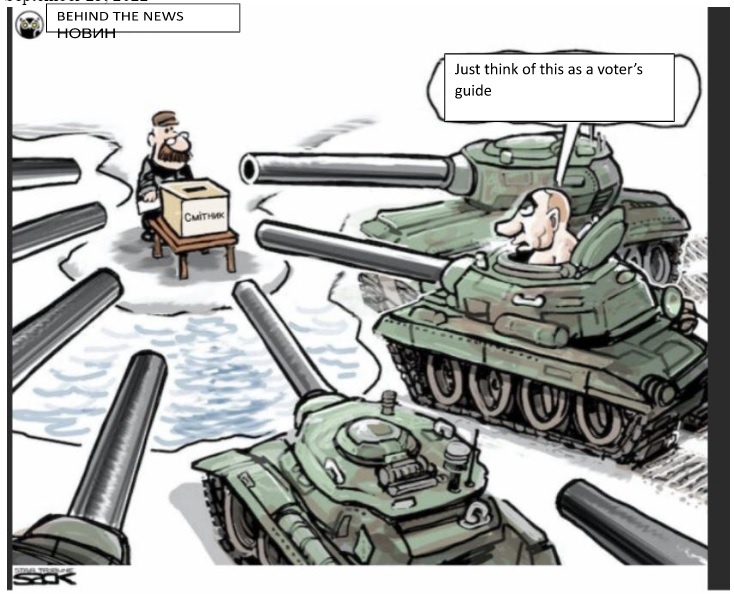
Why the referendums in the occupied territories are a parody of the general will
First, because the process takes place during a war in territories captured and occupied by the enemy. Secondly, the occupiers plan to organize a pseudo-referendum in one week in order to whip up the results that russia really needs. The occupiers and their collaborators don’t even hide the fact that citizens will be able “to vote” at polling stations only on the last day, while on all the other days, “election” teams will knock on doors. It should be understood that people who don’t open the door will be summoned to the “polling stations”. Yevgeniy Balitskiy, the leader of the russian occupation administration in the temporarily occupied area of Zaporizhzhia Region confirmed that “CEC” (Central Election Committee) members and police officers will visit residents’ homes during the “referendum”.
On the first day of the “voting”, local (pro)russian Telegram channels reported a high turnout, and announced that people were very enthusiastic and happy, thanking and congratulating each other. They also posted videos of the festive atmosphere and farewells to the “Motherland”. Russian Telegram channels began broadcasting messages about the bright future that awaited the “residents of the new territories” who would be able to “receive all kinds of benefits, pensions, maternity capital, and other social guarantees, the list of which is very long.”
A rough idea of how the voting process took place can be gleaned from the Russia Today video. A “correspondent” in a bulletproof vest and helmet accompanies “representatives of the DNR election commission”. “Not a single vote against,” a woman with a “ballot box” says happily. They show how teams previously went from house to house and how they put a tick on the ballot right in front of people’s eyes. There was no secret ballot.
Other videos from unofficial Telegram channels convey a not so rosy picture. They demonstrate that teams with ballots are accompanied by machine gunners (we provide links for clarification here and below; click on them at your own discretion).
The following news arrives from Kherson Region: “On 23.09.2022, Kakhovka District, Kherson Region; a bus with machine gunners is driving around the villages; they’re going door to door with lists and forcing people to vote for the referendum. People are frightened, because they don’t know what to do and they’re forced to sign.”
“In Ivanivka KDZ, ten people are going door to door carrying ballot boxes. Two of them have machine guns. They enter every yard. People are scared; they say if you vote against, you’ll end up in the basement. My mother called me in tears, asking what she should do.” (translation from russian – Behind the News).
Here’s the news from Berdiansk and the surrounding villages: “Local collaborators and ‘soldiers’ are walking around and saying: “If you don’t vote, you have 24 hours to leave the village.” “Local women are going around the villages with ballot boxes...under the supervision of orcs... “referendum” .... residents, who refuse to put a tick on the ballot, are given 72 hours to leave their home and the region. So, you have a Ukrainian passport; you live on your own land, and one day, dirty orcs arrive, occupy all the buildings..... and drive people out.” “They walked along Kabelnykiv and Pryazovska Streets in the morning, but not a single neighbour opened the door.”
Ria Melitopol also writes about the first day of the pseudo-referendum in the occupied city. It was conducted at gunpoint and residents were threatened.
Yaroslav Yanushevych, the head of the Kherson Regional State Administration also wrote about numerous reports concerning the fake referendum: “People are being brought in massively from Crimea to vote in the referendum. Machine gunners are driving around villages, forcing residents to vote. In Kherson, Chornobaivka, and other cities, they’re breaking down doors and forcing people to vote. Armed “assistants” are going door to door and organizing “home voting”.
Meanwhile, rallies are taking place in russia itself. No, not against mobilization, because local “protesters” have postponed the procession to the weekend. Russians are gathering on the squares of major cities, rallying around the cry - “We won’t abandon our guys” - in support of the “referendums”… although they also add that students of local educational institutions, for example, are voluntarily/forcibly “invited” to these rallies.
What does the international community say about these “referendums”?
The OSCE condemned plans to hold illegal “referendums” in the occupied territories of Ukraine and informed that the results would have no legal force, as they complied with neither national legislation nor international standards.
Following the meeting of G7 foreign ministers at the UN General Assembly in New York, the Group of Seven (G7) countries strongly condemned russia’s preparations and announced that they would not recognize the pseudo-referendums on the annexation of the russian-occupied territories.
NATO called the “referendums” illegitimate and announced that they were in flagrant violation of the UN Charter. NATO will not recognize an illegal and illegitimate annexation.
In its statement, the Venice Commission recalled the circumstances of the 2014 referendum in Crimea, which did not allow the referendum to be held in accordance with European standards on democratic governance. The Commission also warned that any referendum on territorial status should be preceded by debate and serious negotiations between all stakeholders. In general, the Venice Commission concluded that holding referendums during a state of emergency, including war and military threats, was contrary to European standards.
As for Ukraine’s position, back in August, President Volodymyr Zelenskyy declared that if pseudo-referendums were held in the occupied territories, there would be no future negotiations between russia and Ukraine ![]()

